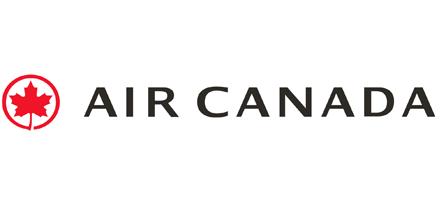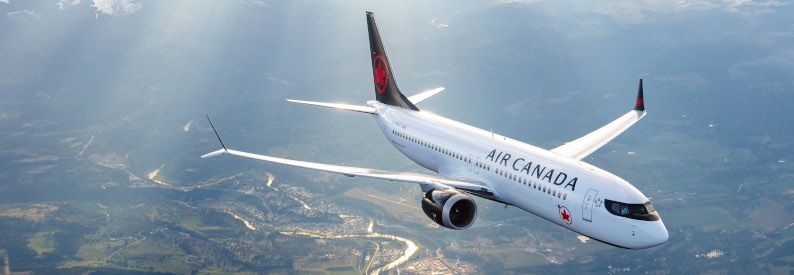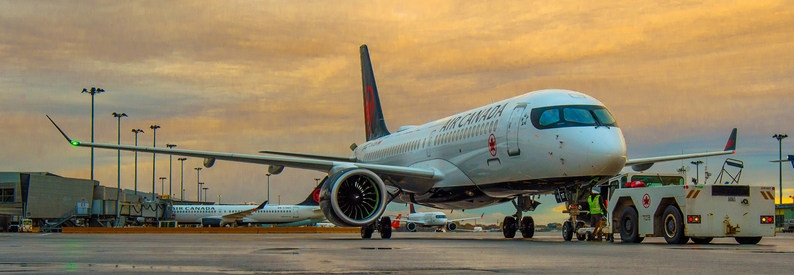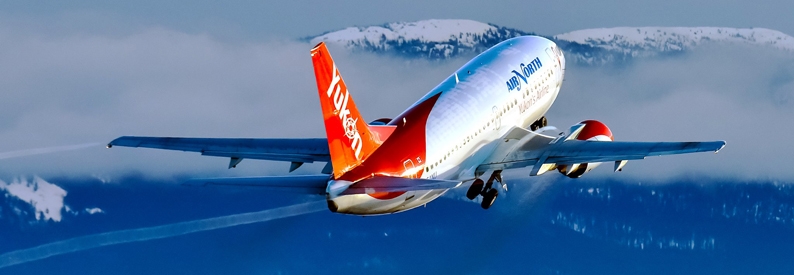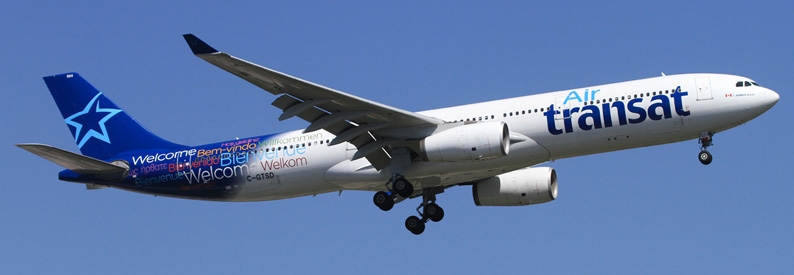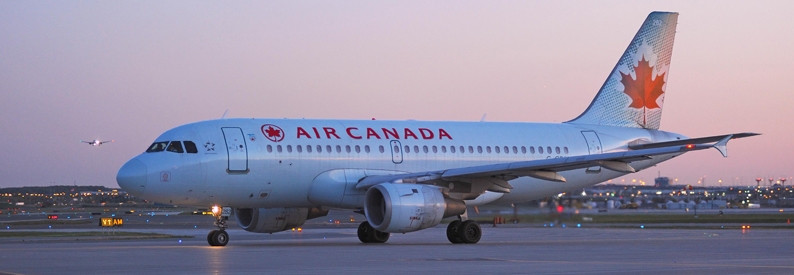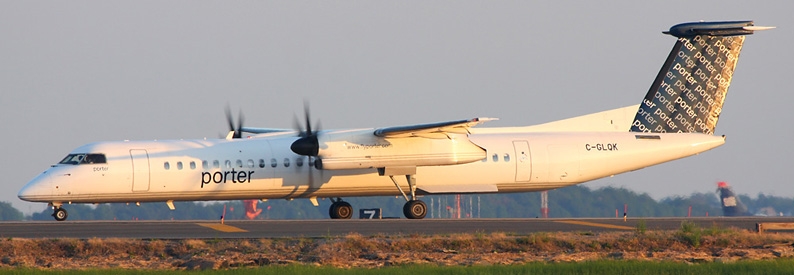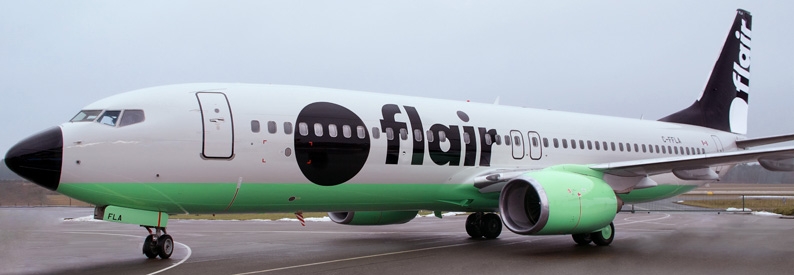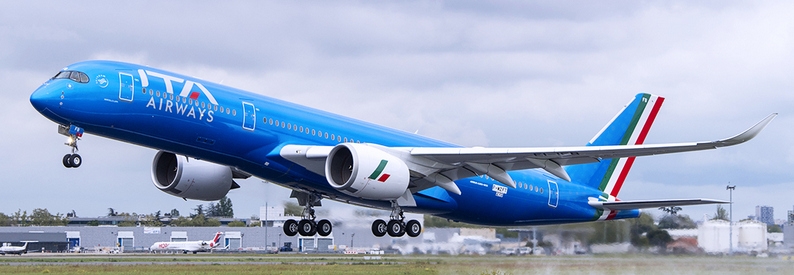Air Canada (AC, Montréal Trudeau) will wet-lease another B767 and two A330s during the winter season to operate medium-haul routes originally planned for B737-8s, Chief Executive Calin Rovinescu said during the quarterly earnings call.
"We've now removed [the B737 MAX 8] from our schedule until February 14 so as to give customers certainty in their travel plans. We've also wet-leased two Airbus A330s in addition to the two Boeing 767s ... to ensure we have enough capacity this winter and into next year," he said.
According to the ch-aviation Commercial Aviation Operator Schedule Data module, Air Canada will wet-lease a second B767-200(ER)s from Omni Air International (OY, Tulsa International) starting on December 14, 2019, adding to one such aircraft, N225AX (msn 30434), already wet-leased from the same airline. Omni Air currently operates on behalf of Air Canada exclusively between Vancouver International and Honolulu (daily), while the other B767 will be used to run daily flights from Vancouver to Kahului and Phoenix Sky Harbor.
Schedule data indicates that both B767s will be wet-leased through March 7, 2020.
The A330-200s will be wet-leased from Air Transat (TS, Montréal Trudeau) and will start operating on behalf of Air Canada on December 1 and December 15, respectively. They will be deployed from Montréal Trudeau to Cancún, Puerto Vallarta, and San José Juan Santamaría. The wet-leases will continue through the end of April 2020.
Air Canada has twenty-four grounded B737 MAX 8s and expected deliveries of a further 12 units in 2019. The 36 aircraft represent almost a quarter of the airline's narrowbody capacity. In addition to wet-leases, the airline has also extended the dry-leases of some E190s, despite the stated preference to retire them as quickly as possible.
"We've extended for example the E190s even though we announced a long time ago that we wanted to be out of the E190s. The E190 is not the right airplane for many of the routes. And so, we would look to stop flying those, if we had the MAX coming in a meaningful way," Rovinescu said.
In 2020, Air Canada expects to receive 12 units originally planned for 2019 and a further 12 which were due to deliver in 2020 from the onset.
- Type
- Base
- Aircraft
- Destinations
- Routes
- Daily Flights
